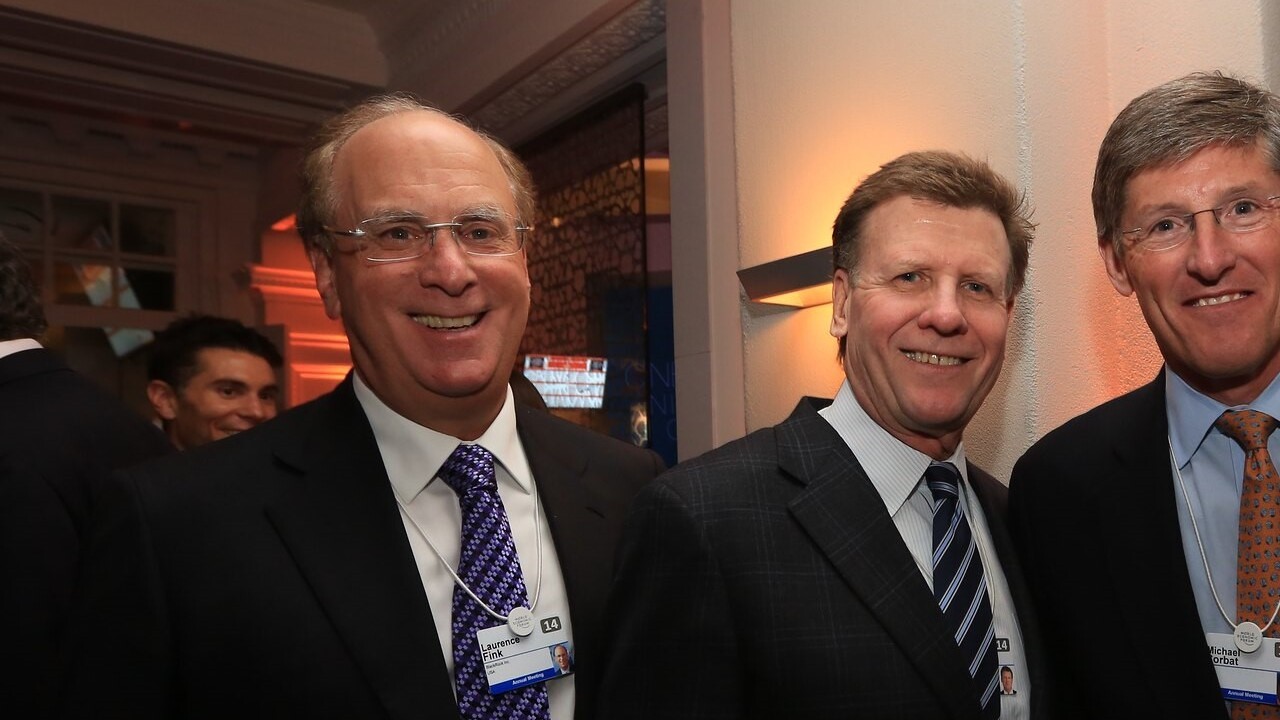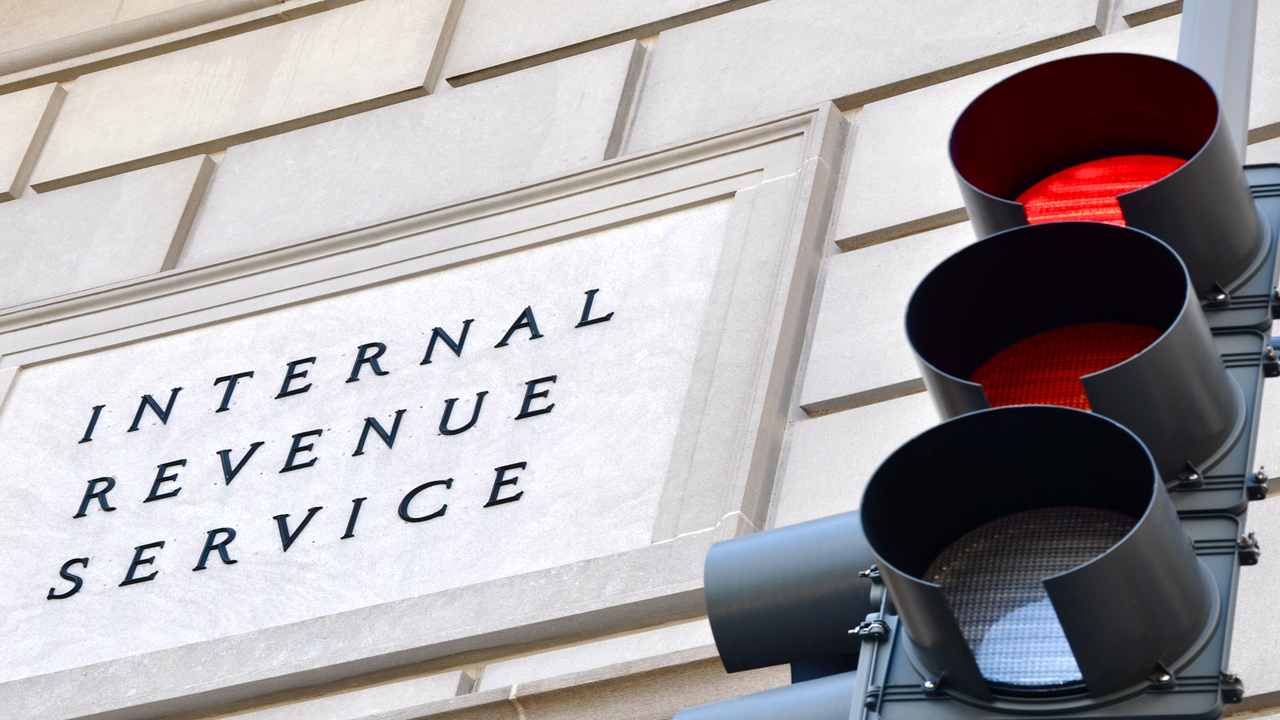Environmental, social, and governance (ESG) metrics are a kind of social credit system designed to coerce businesses—and, by extension, individuals and all of society—to transform their practices.
Through a carrot-and-stick approach, investors and banks (and soon governments) use ESG to push businesses to change how they function, regardless of what the employees and customers of those businesses want. In many cases, however, corporate executives are all too willing to go along, because they want access to the cheap capital offered by investors and financial institutions.
The widespread adoption of ESG metrics, which is also commonly called “stakeholder capitalism”—is meant to radically alter how businesses are evaluated, expanding considerations beyond traditional economic metrics like profit, revenue, debt, customer satisfaction, and product development.
Instead of looking at economic and financial considerations, ESG social credit metrics measure things like, “Percentage of active workforce covered under collective bargaining agreements” (union labor), and “Percentage of employees per employee category, by age group, gender and other indicators of diversity (e.g. ethnicity).”
(To learn more about the basics of ESG, read my ESG primer here, or watch my recorded presentation for The Heartland Institute here.)
Unlike many corporations, which spend substantial time and resources self-reporting ESG, individual investors and most small businesses typically do not produce their own ESG reports. Instead, large financial services companies and banks have produced them for these groups, often without individuals or businesses asking for the reports.
For instance, Merrill Lynch, a division of Bank of America, produces ESG scores for all or nearly all of its individual investment accounts, even for those whose value is $1,000 or less.
Moody’s has created an “ESG Score Predictor” that offers users with ESG reports for 100,000 businesses, many of which have never produced their own ESG metrics. Moody’s algorithm predicts scores by using “company size, location, and industry as inputs.”
When individuals and small businesses have raised concerns about the use of ESG and how it could be used against them—as opposed to merely being applied to corporations for the benefit of investors—banks, investment groups, and their lobbyists have claimed that concerns over ESG are nothing but “conspiracy theories.”
However, the evidence shows that there are very good reasons to believe that financial institutions and banks plan to dramatically expand the use of ESG soon for individuals, families, and small businesses, a move that would dramatically change the U.S. economy and society. Below are the five most important reasons for all Americans to be concerned.
- There Are Already Many Examples of Individuals and Businesses Being Denied Access to Financial Services or Capital Based on Subjective Criteria
It’s impossible to know to what extent individuals, organizations, and businesses are now being denied access to financial services, including loans, based on subjective criteria because there are no databases nor reporting agencies tasked with compiling denials based on non-financial reasons. However, news outlets have reported many examples of such actions.
For example, Deutsche Bank AG and Signature Bank announced in early 2021 that would no longer provide services to former President Donald Trump or his business, the Trump Organization, purely for ideological reasons.
In November 2021, WePay, a J.P. Morgan Chase-owned payment processor, informed the Missouri-based Defense of Liberty political action committee that it would stop offering its services to the organization after it planned an event featuring Donald Trump Jr. (Chase later reversed the decision, but only after “Missouri treasurer Scott Fitzpatrick threatened to have the state stop doing business with the bank.”)
In 2020, Wells Fargo suspiciously closed a bank account belonging to Lauren Witzke, a 2020 Republican candidate for the Delaware Senate.
The Heritage Foundation noted in a 2021 report that “PayPal has admitted to closing accounts flagged by the Southern Poverty Law Center in 2019, now, PayPal has announced a partnership with the left-leaning Anti-Defamation League to focus on ‘further uncovering and disrupting the financial pipelines that support extremist and hate movements.’”
In 2019, the New York Post reported that J.P. Morgan Chase closed bank accounts associated with several political activists and commentators, including Enrique Tarrio, Joe Biggs, Laura Loomer, and Martina Markota—all within weeks of each other. According to the Post, the activists said they were not given clear explanations for the cancellations.
In 2018, some large U.S. banks, including Citibank, rolled out restrictions for gun manufacturers and retailers. According to a report by the New York Times, “They are restricting their credit card and banking services to gun retailers and halting lending to gun makers that do not comply with age limits and background check rules determined by the banks. They are also freezing out businesses that sell high-capacity magazines and ‘bump stocks,’ attachments that enable semiautomatic rifles to fire faster, even though such products are legal under federal law.”
- Credit Agencies Have Started to Alter Businesses’ Credit Ratings Based on ESG Scores
As noted in a 2021 sweeping report by Fitch Ratings—one of the “big three credit rating agencies” (along with Moody’s and S&P)—corporate credit rating agents already take ESG scores into account. And according to Fitch and others, the use of ESG to alter credit ratings will almost certainly expand in the months and years to come.
If the largest agencies are willing to use ESG to alter corporate credit scores, why wouldn’t credit agencies and banks do the same for individuals and small businesses?
- Analysts Predict Individual Credit Scores Could Soon Have an ESG Component
Perhaps the most widely used service to check the creditworthiness of individuals and small business is FICO. When banks and credit unions examine applications for loans, FICO is often the first place they turn. In an article published in December 2021 on FICO’s website titled “Lending Predictions 2022: From BNPL to ESG (and More),” a FICO senior principal consultant wrote that he believes in 2022 “The ESG Agenda Will Drive the Search for Cleaner Decisions.”
“In financial institutions, much of the ESG agenda is delivered at the corporate level,” the analyst wrote, “but in 2022 we expect to see an increased focus on bringing ESG data into more granular lending and investment decisions. This will require increased innovation in the use of alternative data across all kinds of lending. One example would be the inclusion of property energy ratings data in mortgage valuation and decisioning, and CO2 emission data for small businesses.”
He also noted, “Over the longer term, we expect that ESG and climate risk evaluations will become an integral element of credit risk and affordability assessments.”
This is a clear admission that ESG will likely soon be applied to individual and small business credit scores and/or other considerations, such as mortgage applications.
- Large Investment Management Firms and Banks Are Using ESG to Coerce Corporations
The primary stated purpose of ESG is to change corporations, especially the largest and most powerful ones, in order to produce more extensive societal impacts. This point is not in dispute. Everyone who understands ESG, regardless of whether they support it or not, agrees that it’s being used to alter corporate activities.
If you’re looking for specific examples of this, however, a good place to start is Larry Fink’s 2022 “Letter to CEOs,” in which Fink sings the praises of “stakeholder capitalism” and promises to use ESG scores as a way to alter society. Fink is the head of Blackrock, the world’s largest asset management company, and is widely considered one of the most powerful people on Wall Street, if not the most powerful person.
Of course, Fink attempts to put a happy face on ESG and stakeholder capitalism throughout his letter, but even he can’t help himself when discussing climate change, making it clear that companies must choose between being leaders or being dragged into a net-zero economy against their will.
“Every company and every industry will be transformed by the transition to a net zero world,” Fink wrote. “The question is, will you lead, or will you be led?”
The threats from Fink and others have largely worked. Accounting firm KPMG reports thousands of companies in dozens of countries have ESG systems in place, including 82 percent of large companies in the United States. (And this data is now a couple of years old.)
If investors and banks are willing to utilize ESG to control corporations, why wouldn’t they use ESG to manipulate individual and small business behavior as well?
- Banks Have Promised to Use ESG to Fight Climate Change Throughout All of Their Portfolios and Business Activities
The largest and most influential banks and financial institutions in the United States, much of Europe, and Canada have openly said that they will use their tremendous amount of wealth to force the global economy to move to net-zero by at least 2050, and to halve CO2 emissions by 2030. This will be done in a variety of ways, including by “accelerating decarbonization in the real economy by describing financial sector expectations of transition plans from the companies the sector engages with and finances.”
One of the largest groups of banks and financial institutions promising to make such an extreme acceleration is the Glasgow Alliance for Net Zero (GFANZ). There are already “over 450 financial firms across 45 countries responsible for assets of over $130 trillion” in GFANZ, including numerous large U.S. banks, such as Bank of America, J.P. Morgan Chase, and Wells Fargo & Company.
There simply is no way for banks to keep their promises related to a transition to net-zero without imposing ESG metrics or other, similar criteria on individuals and small businesses.
Justin Haskins is editor-in-chief of StoppingSocialism.com, a New York Times bestselling author, and the director of the Socialism Research Center at The Heartland Institute. Follow him on social media @JustinTHaskins.





